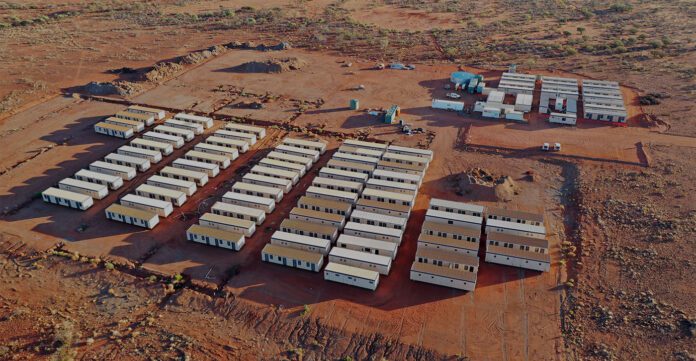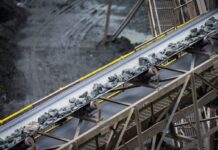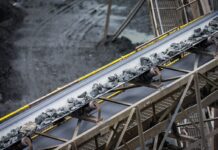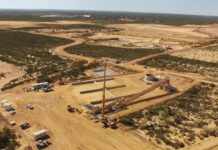
The Northern Australia Infrastructure Facility (NAIF) is set to provide an additional $220 million loan to Hastings Technology Metals Ltd for its Yangibana Rare Earths Project.
The loan is aimed at helping fund the development of a rare earths mine, processing plants, and associated infrastructure.
Yangibana will supply a Mixed Rare Earth Carbonate product into the global critical minerals supply chain to fulfil the rising demand for materials that support the manufacturing of technology required to achieve net zero emissions.
Yangibana has large quantities of Neodymium and Praseodymium, which are essential in producing permanent magnets used in electric vehicles, wind turbines, robotics, medical applications, and digital services.
Minister for Resources and Northern Australia Madeleine King said NAIF’s support for the project demonstrated the Australian Government’s determination to strengthen the critical minerals industry.
“Support for projects like this underline the Albanese Government’s commitment to reach net zero emissions by 2050,” Minister King stated.
According to the Minister, the path to net zero emissions runs through Australia’s resources sector.
“We need to support Australian mining so the industry can supply the minerals we need to build the technology of the future to support a decarbonising economy,” Minister King added.
NAIF initially approved a $140 million loan, but it has decided to boost that amount to reflect increased costs and the current strength of magnet rare earth prices.
Rare earth ore will be mined, crushed, and concentrated at Yangibana before getting processed into Mixed Rare Earth Carbonate in Onslow and supplied to global clients.
The project is estimated to generate $1.3 billion in net public benefit to the Gascoyne region and support about 700 jobs throughout development and operation.
The project will provide regional benefits such as better water infrastructure and common user road, communication, and airfield renovations.
NAIF CEO Craig Doyle stated that the money is helping to support jobs, industry, and communities throughout Australia’s north.
“NAIF projects are forecast to support more than 15,000 jobs and contribute over $29 billion in public benefits to the northern Australian economy,” Doyle said.



















